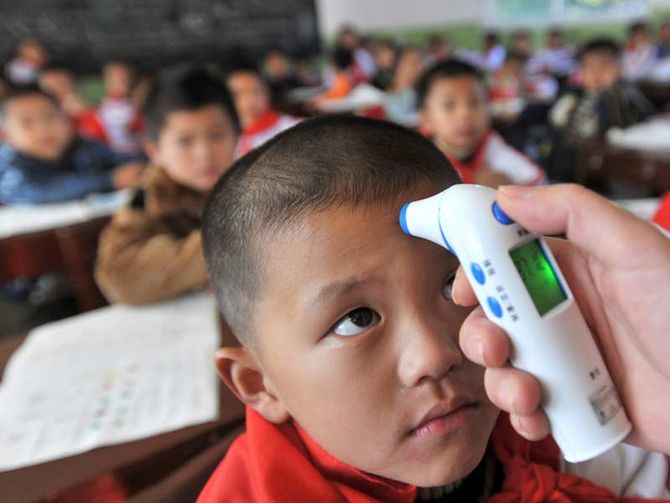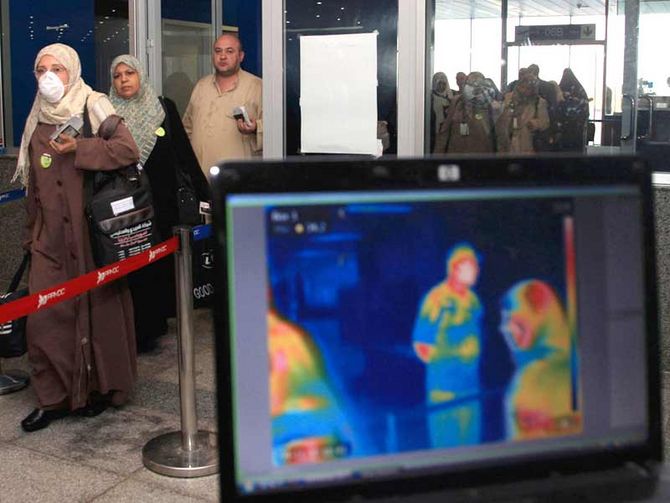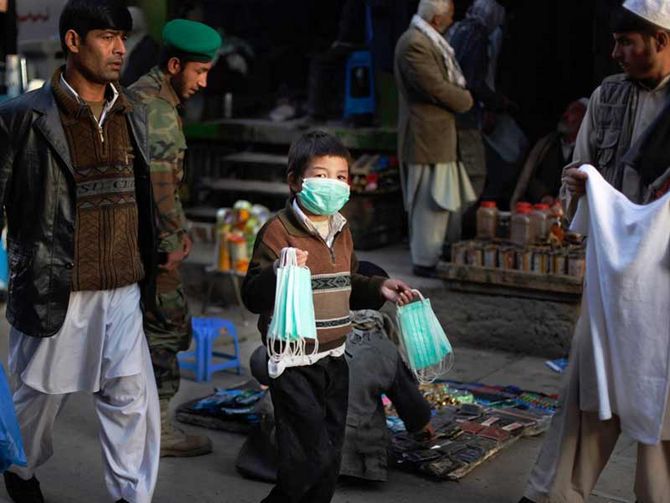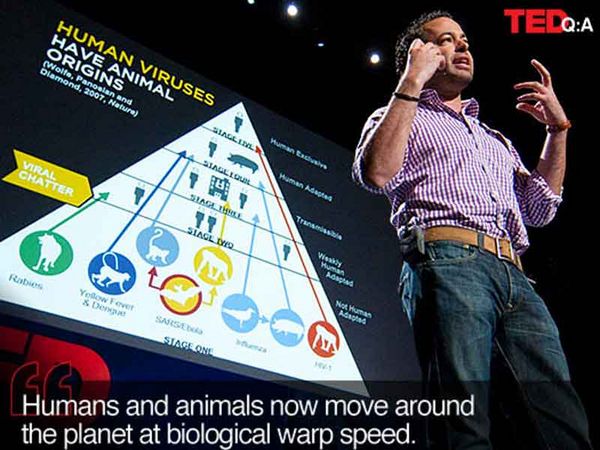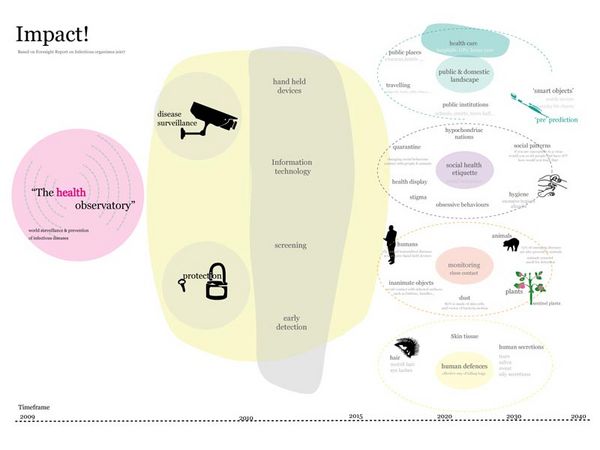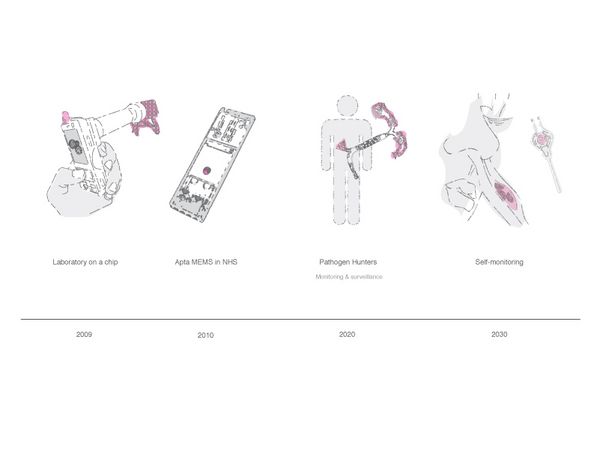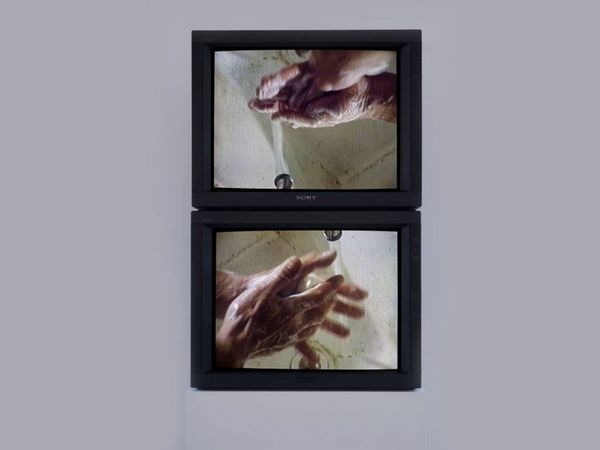
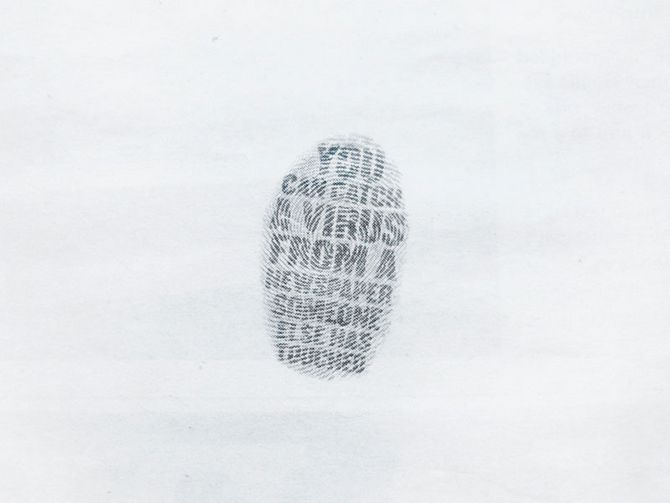
Measures to deal with H1N1 flu “pandemic” around the world, 2009 - “You can catch a virus from a newspaper someone else as touched”, Anti-Flu campaign UK, Nov 2009

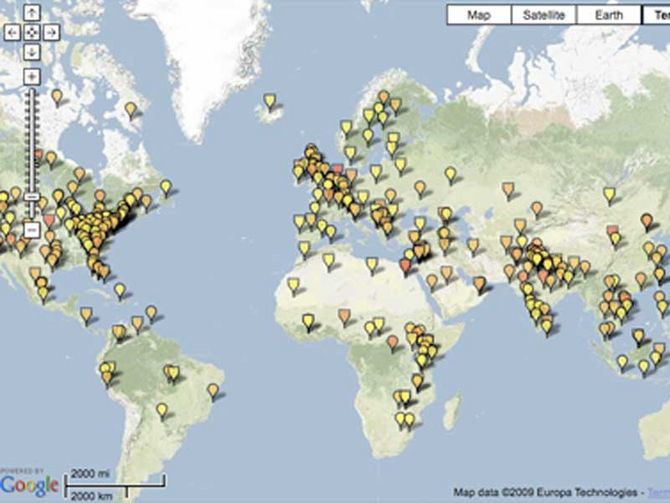
Google launch in July 2009 a global map of flu activity. The map monitors real time data of flu outbreaks and could be a helpful indicator of pandemic hot spots.

